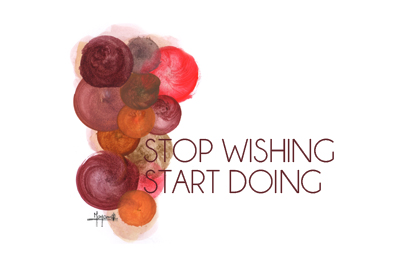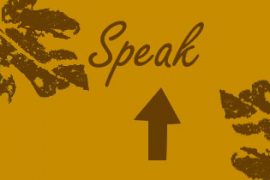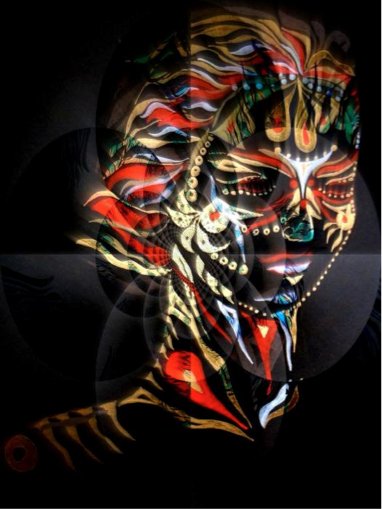Article in brief: Good things happen to those who wait. Great things happen to those who do.

We live in a country and an era where all types of services are readily available for us; waiters, cleaners and petrol station attendants. This is not necessarily a bad thing, in fact the only downside of this blessing is that we have gotten used to it to the extent that we have taken them for granted.
This is not a generalization, but it has become a social phenomenon. I’ve seen this habit in myself before others: the lack of initiative from us, the serviced. We often avoid doing the simplest of tasks thinking that it’s somebody else’s job; tasks as simple as switching off the lights or air conditioner when leaving a room, tucking in your chair when leaving class, heck, even smiling and thanking others for their services; when in fact, they’re tasks that both you and I can do.
Months ago, I visited Singapore. Something that will always be imprinted in my memory, other than how much I loved it, was their independence. No, I am not referring to their independence from the United Kingdom on the 31st of August 1963. I’m referring to a different type of independence.
According to our tour guide, approximately 50 years ago, following its failed union with Malaysia, Singapore was a third world country, it lacked land, water and natural resources. It was a just a small island with no global significance. Today, Singapore is a first world country, which is relied upon by many countries worldwide.
How did Singapore become successful? Its scarcity of sufficient resources was compensated by its visionaries who realized its advantages and potential such as its strategic geographical location, safety and being surrounded by the sea and utilized them. It sought to become a haven for foreign investors, since it was considerably safer than its neighbors. Given its location in the middle of the Pacific Ocean, it developed itself into a globally recognized harbor (currently amongst the top three in the world). They did not rely on foreign aid; they literally helped themselves.
The same is true for us here in the UAE. Our ancestors saw the raw potential of our nation and made wise decisions to where it is today. How else did the UAE transform from a dry and arid desert into a lush oasis that is the focal point of the world’s attention?
Did our ancestors falsely presume that they will join their father’s company? Did they assume that because they are local they will be given whichever job they desire? No. They simply got up and worked. They didn’t care about what type of car they drove, what place they shopped from or which restaurant they dine in. They cared about developing their country; they didn’t allow small and shallow impediments to stand in the way. They didn’t wait for opportunities to be handed down to them on silver platters, they went searching for opportunities.
What can we learn from our ancestors and the Singaporeans? We learn that in order to soar high in the sky we must rid ourselves of all things that weigh us down, in order to escape the mess, we must dance in the mud first, and most importantly, in order to rise, we must do so ourselves. Group work is vital at times, but relying on others will not take you far in life.




Ramadan is considered to be the most sacred month of the Islamic calendar. It is a time of spiritual reflection, a month of blessing marked by prayer, fasting and charity. It is a time where Muslims are expected to put in more effort into following the teachings of Islam and to work on spiritual improvement, self-sacrifice and increased devotion & worship to Allah.